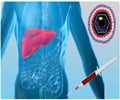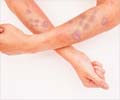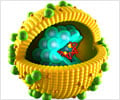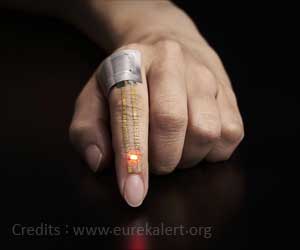The U.S. Food and Drug Administration approved two new treatments late last year much to the relief of patients diagnosed with hepatitis C.
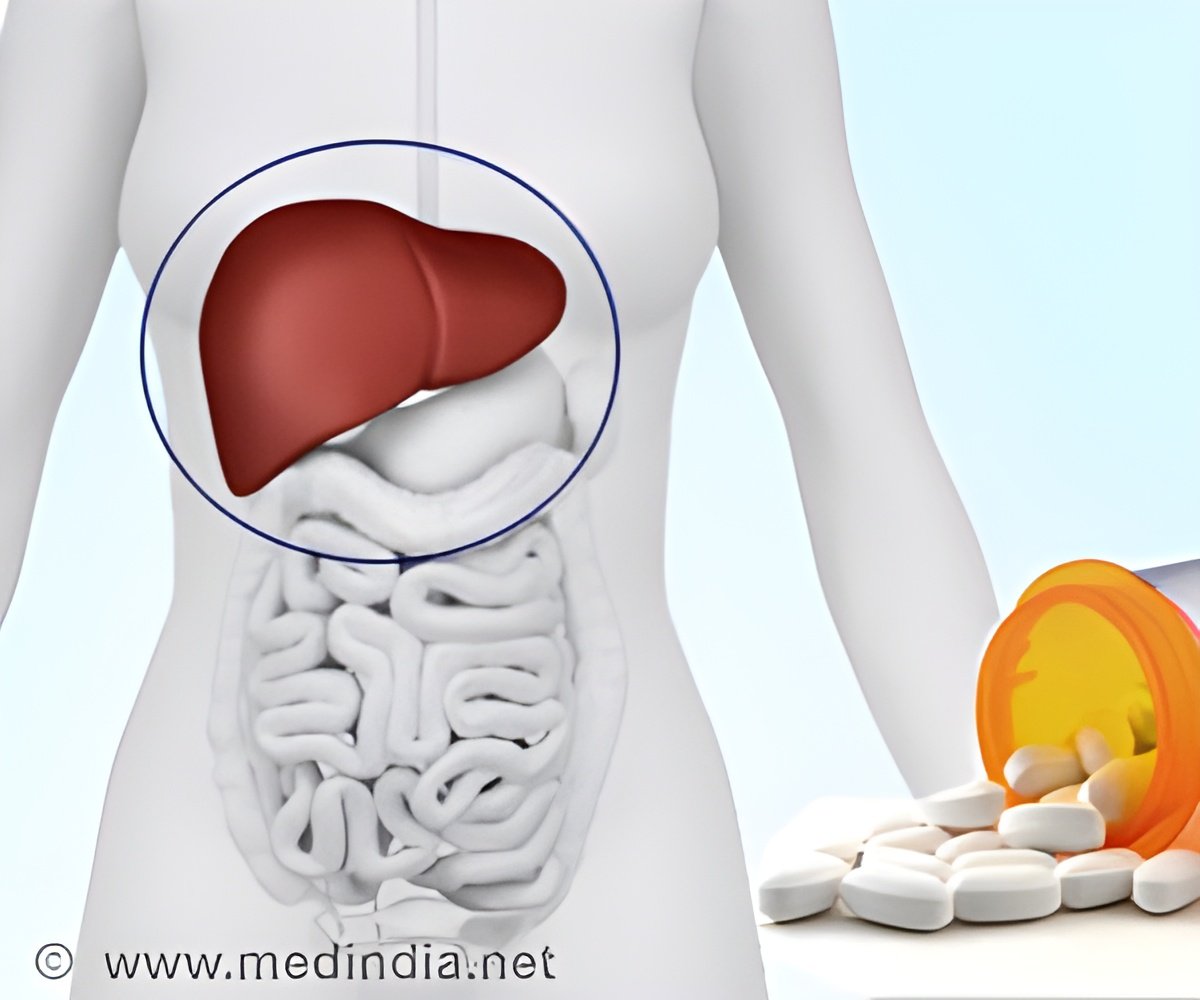
Xuan Mu, Zhi Zheng and colleagues point out that the hepatitis C virus (HCV), a blood-borne pathogen that can cause liver cirrhosis, cancer and even death, kills more people in the U.S. than HIV. It also infects an estimated 150 million people around the world. Although diagnostic tests exist, they require an initial screening and then a costly second test for confirmation. The extra office visits, money and time required for a definitive diagnosis means a lot of people simply can't or won't follow up. To make diagnosis more accessible, the researchers took advantage of the recent development of new, inexpensive paper-based medical technologies and applied it to HCV screening.
Taking a page from the popular scrapbooking pastime, the scientists used a flower-shaped metal paper cutter to punch out shapes from special paper for their diagnostic test. The method solves the problem of patterning the paper, made of nitrocellulose — a highly flammable substance — without using heat. They add antigens, antibodies and other chemicals to the paper to test patient samples. With one flower-shaped paper, they can conduct both HCV tests on a sample simultaneously in just minutes, instead of hours.
Source-Eurekalert



